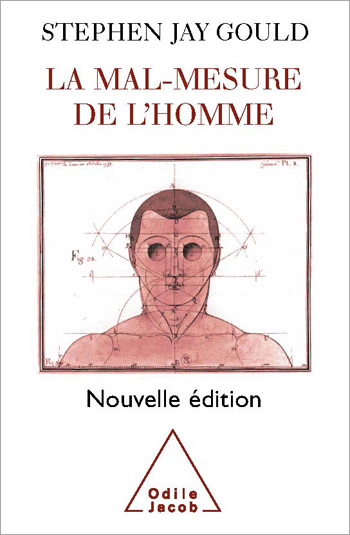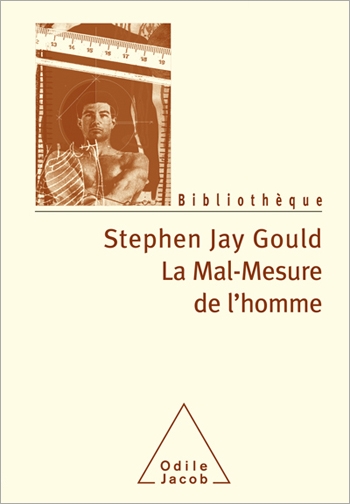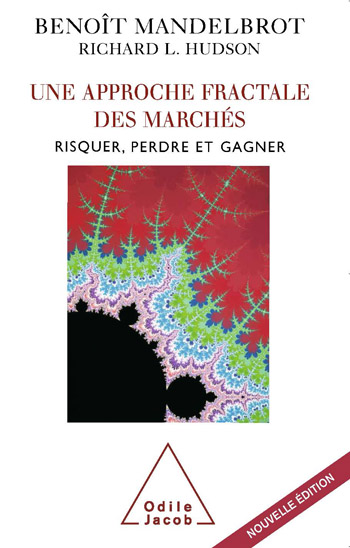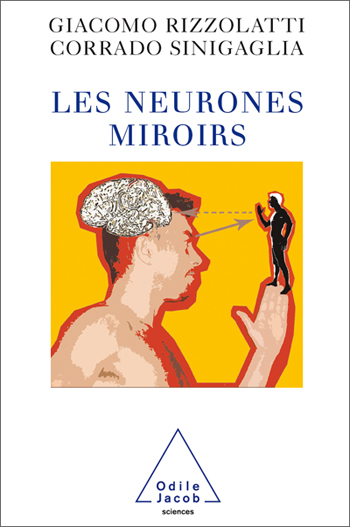Catalog All books
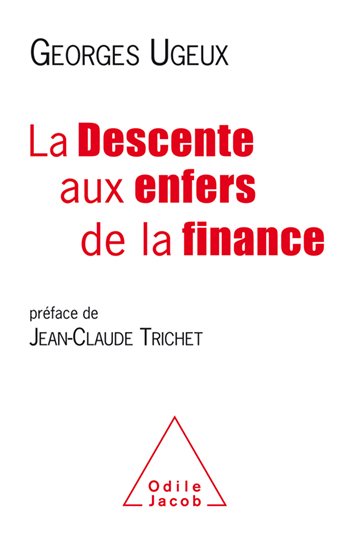
Georges Ugeux
The Missteps of Finance
Using plain language, a serious warning about the threats looming over the financial sphere. Georges Ugeux is a colorful figure in finance, and a free thinker.
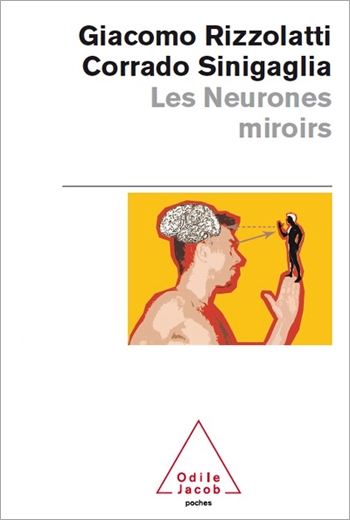
Giacomo Rizzolatti, Corrado Sinigaglia
Mirror Neurons
The discovery of mirror neurons is the most spectacular finding of recent years in the cognitive sciences
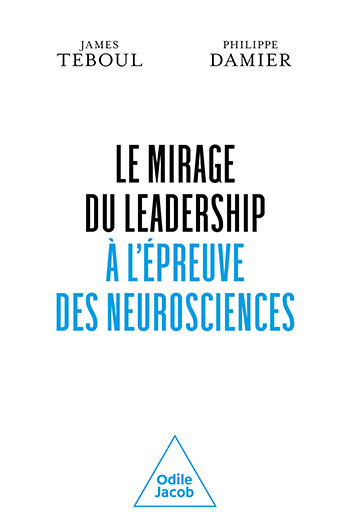
James Teboul, Philippe Damier
The Mirage of Leadership Challenged by Neuroscience
To assume their role effectively, managers must know how to take into account the predispositions and biases that make them act, and thus understand them, and work resolutely against the grain of their natural inclinations.

Danièle Voldman
The Mine Clearance of France after 1945
At the liberation of France, the country was covered in mines, planted by the Germans, the Allies and the Resistance during the conflict. The population were fearful of resuming normal life in the face of this danger: France had to remove the mines. Thus in 1945, mine clearance was invented, as before then no-one had any idea how to defuse these weapons of death! Who would be given the heavy responsibility of leading this task ? What did it involve ? What role did the German prisonners of war play ? Danièle Voldman, a historian, is the research director of the CNRS (Institute of Contemporary History).

Mark Williams, Danny Penman
Mindfulness: An Eight-Week Plan for Finding Peace in a Frantic World
Following The Mindful Way through Depression, the latest success by Oxford professor Mark Williams

Christopher K. Germer
The Mindful Path to Self-Compassion Freeing Yourself from Destructive Thoughts and Emotions
An introduction to self-compassion by an eminent clinical psychologist and bestselling author

Sébastien Bohler
Mind Wars
What if the goal of research on the brain is mind manipulation on a global scale?

Jerry Fodor
The Mind Doesn't Work That Way The Scope and Limits of Computational Psychology
In this book, one of the most eminent figures in the field of cognition reviews his most recent views on the subject, and questions the validity of recent attempts to combine the computational theory of mind with psychological nativism and with biological principles borrowed from Darwinian evolutionary theory. Fodor goes on to examine the question that has remained unanswered for the past fifty years: is the mind a computer? This is a fascinating lesson of philosophical and scientific modesty. Jerry Fodor is a professor of philosophy at Rutgers University.


